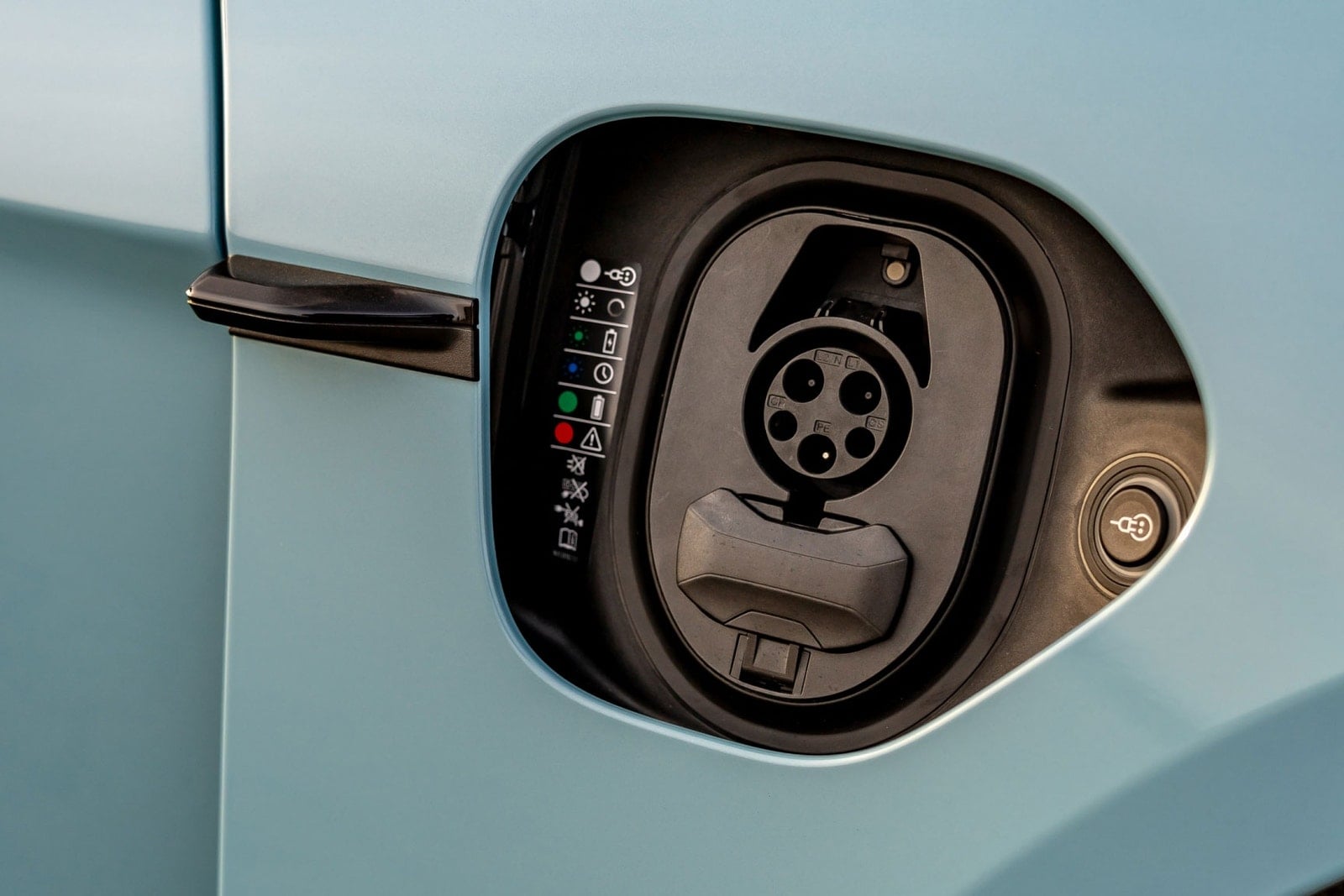My question is, why is their initial offering so bad in terms of range?
The mighty Porsche Audi team, with all it's storied history, comes out flat in the #1 EV measure.
They were promising 400 mile range and fast charging. Oops.
I don't get it.

Edmunds Tested: Electric Car Range and Consumption | Edmunds
Which EVs have the best electric car range? The EPA provides range estimates for every electric vehicle, but they don't test EV range in the real world -- and Edmunds does. Read all the latest real-world EV test results from the Edmunds experts.
www.edmunds.com
Some interesting test results. Every Tesla they tested fell short of projected range in the 60/40 driving cycle.
Interestingly, the Porsche Taycan turbo S beat the projected 203 mile range by 59%, achieving 323 miles in the test.
Even the Mustang Mach E beat it's advertised range of 270 and went 304 miles.
Maybe even more telling is the actual consumption to go 100 miles. The Porsche and the Tesla S performance both use 32.3 and 32.6 kwh respectively. The Porsche is a touch more efficient.
Mr. Musk is quite a salesman, that's for sure. I love his stuff, but there is clearly a difference between how manufacturers rate their EV range.
It's also good to note that, (I think) all the manufacturers recommend not fully charging the batteries to maximize battery lifespan.
Last edited:
